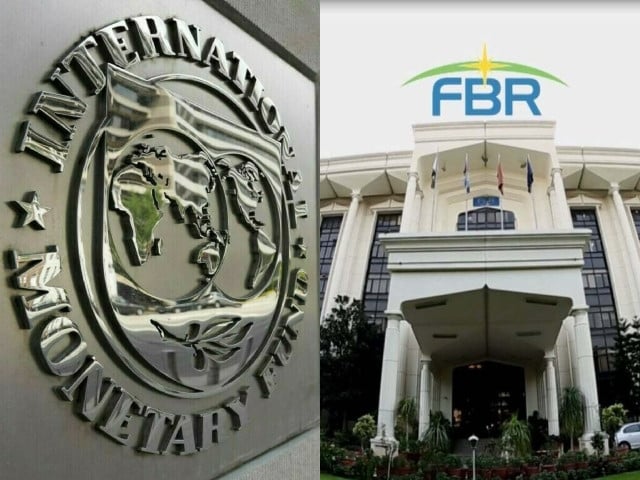ISLAMABAD: In a bid to meet this fiscal year’s ambitious tax target, the government has announced plans to collect Rs450 billion through enforcement measures, aiming to digitally capture Rs48 trillion in services sector supplies over the next three months.
Prime Minister Shehbaz Sharif has endorsed the Federal Board of Revenue’s (FBR) strategy, which is crucial for achieving the FY2024-25 annual tax target of Rs12.97 trillion. Government sources indicate that without new enforcement actions, meeting this target would be nearly impossible. The Prime Minister has approved the aggressive implementation of the Point of Sale (POS) initiative across various sectors.
The enforcement measures are set to include collecting at least Rs50 billion from traders and Rs30 billion through the upward revision of property valuations. The POS initiative, which has been in place for several years, aims to fully capture Rs47.5 trillion in sales from ten major sectors over the next three months, including wholesale and retail, transport services, financial services, government services, real estate, construction, utilities, mining, health, education, and hospitality. Notably, more than half of this amount—around Rs20 trillion—is expected to come from the wholesale and retail sector.
Despite the coalition government’s agreement with the International Monetary Fund (IMF) to meet the Rs12.97 trillion target as part of loan conditions, the FBR reported a significant revenue shortfall for the July-September quarter. So far, only Rs500 billion has been collected this month, against a requirement of Rs1.2 trillion, with just a week remaining.
The FBR has communicated to the Prime Minister that achieving the revenue targets will necessitate additional measures beyond policy changes and autonomous growth in collections. The revenue impact from new taxes imposed in the budget is estimated at Rs1.345 trillion, while inflation and real economic growth are projected to bring in an additional Rs1.9 trillion. This leaves the FBR with a target of Rs450 billion through enforcement measures.
The IMF board is scheduled to meet on September 25 to review Pakistan’s request for a $7 billion loan package, with Finance Minister Muhammad Aurangzeb expected to engage with IMF officials at the United Nations General Assembly session alongside the Prime Minister.
The FBR’s estimates for autonomous growth in collections depend on achieving at least 3% GDP growth this year and 3.5% growth in large-scale manufacturing. If inflation falls below the projected rate of 12.9% and imports remain low, the FBR will need to collect more than Rs450 billion through enforcement.
The FBR chairman believes that with the implementation of the new transformation plan, mainly through digital tracking and the POS initiative, the machinery can generate over Rs450 billion this fiscal year. This plan also targets both compliant taxpayers and non-filers of income tax returns.
According to the briefing provided to the Prime Minister, the FBR achieved only a 6% increase in collections adjusted for inflation during the 2016-18 period, and only 2% from 2018 to 2024, indicating poor performance. Furthermore, collections adjusted for inflation and GDP growth saw a mere 1% increase from 2016-18, with a negative 0.3% for 2018-24.
To bolster collections, the FBR plans to restrict compliant taxpayers from withdrawing more than Rs30 million in cash annually. Those declaring over Rs10 million in income will need to provide explanations before purchasing a plot, while those below this income threshold will face similar requirements for purchasing vehicles or investing in securities.
The Prime Minister has approved measures targeting the top 5% of the workforce, where the FBR estimates Rs1.6 trillion in uncollected taxes is available. The wealthiest 1% reported an average annual income of Rs13.2 million last year, contributing Rs500 billion in taxes, with the FBR optimistic about collecting an additional Rs1.2 trillion.
Additional measures include freezing bank accounts of unregistered manufacturers and wholesalers with annual turnovers exceeding Rs250 million, and for retailers, the threshold is set at Rs100 million. The FBR will also have the authority to confiscate assets from unregistered entities.
Moreover, the FBR will enhance its tracking of goods in the manufacturing sector, having primarily focused on chemicals, fertilizers, and pharmaceuticals so far. Plans are in place to digitally track petroleum products within the year, with the textile and beverage sectors targeted for the next six months.



